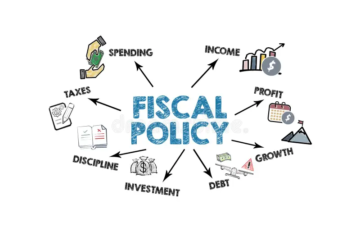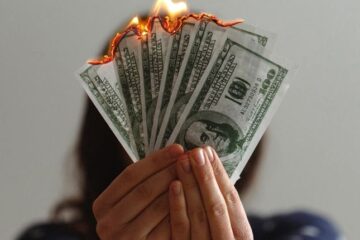
The fuel price in Nigeria, specifically for Premium Motor Spirit (PMS), popularly referred to as petrol, has undergone a significant surge. Observations from Tuesday showed a leap from N537 per litre to N617 per litre at several filling stations managed by the Nigerian National Petroleum Company Limited (NNPCL) in Abuja, the capital city of Nigeria.
Numerous independent oil marketers have corroborated this escalation in the cost of PMS, suggesting that any alterations in pricing at NNPCL-operated stations typically indicate an overall increase in the pump price of this widely used fuel. As Mohammed Shuaibu, the Secretary of the Independent Petroleum Marketers Association of Nigeria, Abuja-Suleja, stated: “NNPCL is still the principal importer of petrol into Nigeria at present, though we’re observing other marketers making gradual inroads. Some NNPCL stations were retailing at N617/litre this Tuesday morning.”
It’s essential to reflect on recent events that have contributed to this shift in fuel pricing. During his inaugural address on May 29, President Bola Tinubu announced that the government subsidy on petrol would cease. This proclamation resulted in a swift and substantial price jump in PMS from N198 per litre to over N500 per litre by the following day, May 30, 2023.
This drastic increase in fuel price is not an isolated event; it is tied to broader economic transformations. The naira, Nigeria’s currency, has been set afloat against the dollar, which, alongside the removal of the petrol subsidy, has given rise to the prediction by marketers that the cost of PMS could potentially escalate to as high as N700 per litre.
The price of crude oil, the primary raw material for producing PMS and other refined petroleum products, has also seen an uptick in the international market. This global price surge has exerted further upward pressure on petrol prices domestically.
The repercussions of this price inflation were readily apparent in Abuja on Tuesday. Motorists flocked to filling stations still dispensing petrol at the relatively lower price of N540 per litre. However, as the news of the price hike at NNPCL stations spread, many independent petrol stations shut their doors, while others hastily began modifying their pumps to reflect the new, higher price.
As of this moment, no official statement regarding this development has been made by NNPCL or the downstream oil sector regulator. The implications of this fuel price increase on Nigerian motorists, the economy, and overall energy dynamics in the country are profound, marking a significant chapter in Nigeria’s oil and fuel narrative.


















